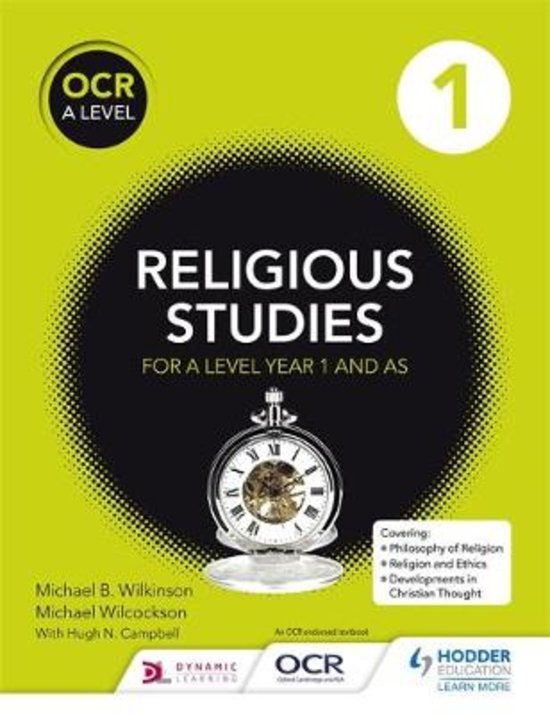Summary
Summary of OCR Religious Studies A Level - H573/01 Philosophy of Religion, H573/02 Religion and Ethics, H573/03 Developments in Christian Thought
A complete summary of the OCR A Level Religious studies course, covering H573/01 Philosophy of Religion, H573/02 Religion and Ethics, H573/03 Developments in Christian Thought, with detailed notes and explanations on each topic necessary for the exams.
[Show more]




